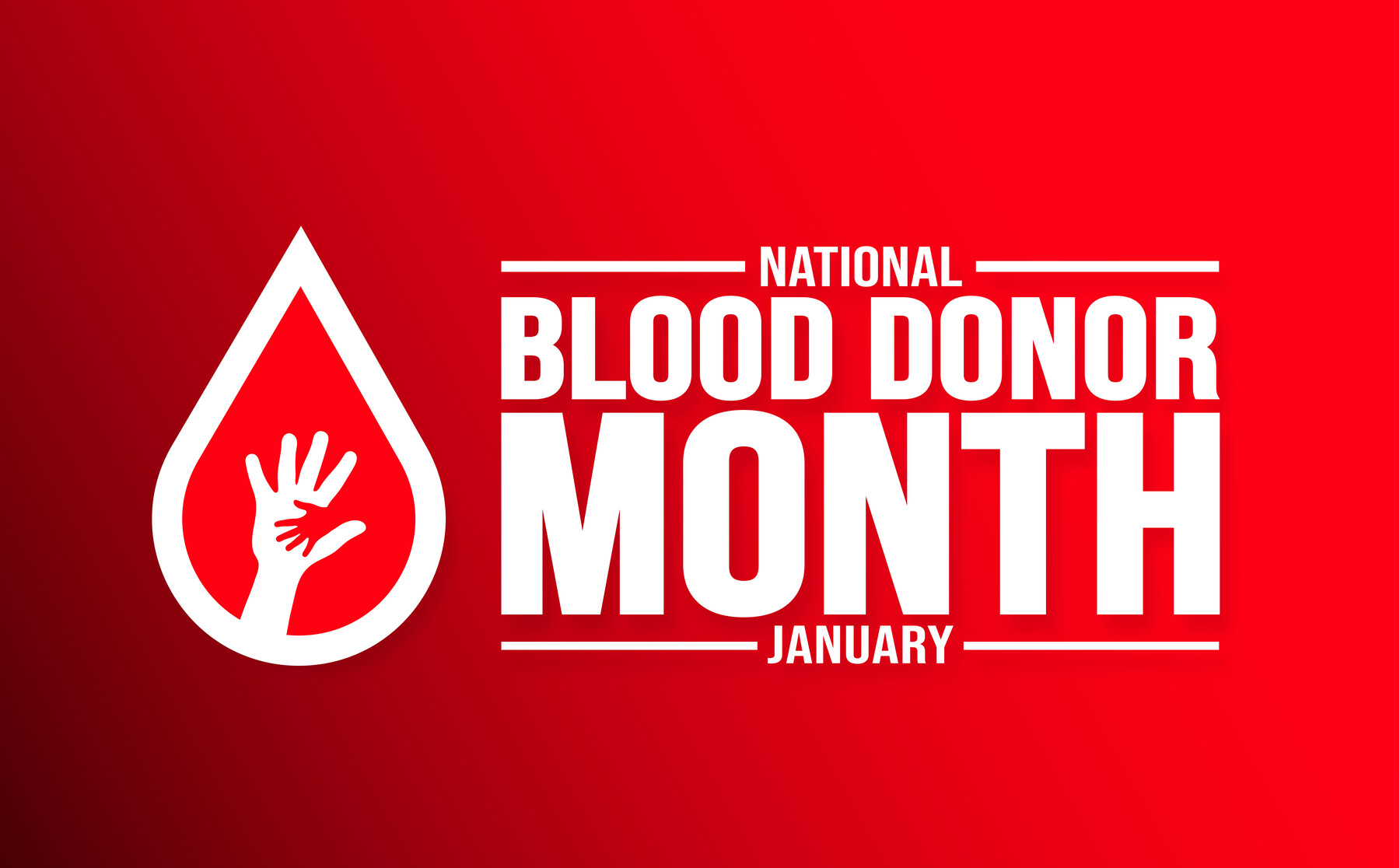Blood supplies in the United States are dangerously low-- so low that the American Red Cross is offering a chance to win Super Bowl tickets if you donate by the end of January.
“This is the biggest challenge that I’ve seen in my 30 years in the business,” Chris Hrouda, president of biomedical services at the American Red Cross, told The New York Times in December. “We simply like to keep three days of inventory,” he said. “We’re struggling to keep one day.”
Demand and supply
Each year, 4.5 million Americans require blood transfusions. Daily, 45,000 pints of blood are used because someone in the United States needs blood every two seconds. Meeting such need requires a steady flow of blood donations--about 33,000 per day.
Why are blood supplies now at their lowest level in a decade?
According to Jim McIntyre, Red Cross of Northern Ohio, “During the first half of 2021, there was a surge in hospital demand for blood because of an increase of trauma patients, the number of transplant patients, and elective surgeries that had been put off during the first part of the pandemic.” He added that in the second half of 2021, donors were prevented from turning out in sufficient numbers by the Delta and Omicron variants and other issues caused by Covid-19.
Who needs donated blood?
"Most likely, your blood would be used for a medical patient who's suffering a disease or it could be used for a patient that's having surgery," says Justin D. Kreuter, M.D., director of the Mayo Clinic Blood Donor Program.
Cancer treatments, transplants, open heart surgery, anemia, and sickle cell disease rely heavily on donated blood. People with sickle cell disease, for example, may receive up to four pints of blood every month to sustain their lives. About a third of heart surgery patients will need a transfusion.
One pint of blood can save three lives
Blood is made up of several components, the major ones being red blood cells, platelets and plasma.
Sometimes, a pint of (whole) blood is used in its entirety for transfusion, but each component can be used separately for different patients.
Red blood cells make up 40 percent of blood. They transport oxygen from the lungs to the body's tissues, where it turns into energy. Red blood cells also carry the waste (carbon dioxide) from that process back to the lungs to be expelled.
- Platelets "are the cells that circulate within our blood and bind together when they recognize damaged blood vessels,” says Marlene Williams, M.D., director of the Coronary Care Unit at Johns Hopkins Bayview Medical Center. “When you get a cut, for example, the platelets bind to the site of the damaged vessel, causing a blood clot."
- Plasma, about 55 percent of whole blood, is mostly composed of water. White blood cells and platelets are suspended within it. Plasma helps maintain blood pressure and volume, and ensures proper Ph balance in the body.
Each of these components can be used separately for different patient needs. Platelets are most often given to cancer patients, organ recipients, and those undergoing heart surgery, while plasma is used to treat bleeding disorders, liver failure, or major traumatic injuries. Red blood cells are used for anemia, and they improve levels of oxygen in the body.
Who can donate and where?
Anyone over 17 years old (or 16 with parental consent in some states) and in good health can make a simple blood donation. The fastest way to make an appointment is online at the American Red Cross website, where you can find blood drive locations in your community. You can also check for certain restrictions (medications you take, or health conditions) to donating blood.
Keeping America's blood banks stocked depends on the altruism of everyday people. Most non-donors say they simply have never thought about it. January, a time for fresh resolutions, is also National Blood Donor Month.
If you care about helping others, but haven't yet considered blood donation, this is your chance to make a critical difference.
The information in the above article is not intended nor implied to be a substitute for professional medical advice, diagnosis, or treatment. Always seek the advice of your physician or other qualified health provider with any questions you may have regarding a medical condition.
